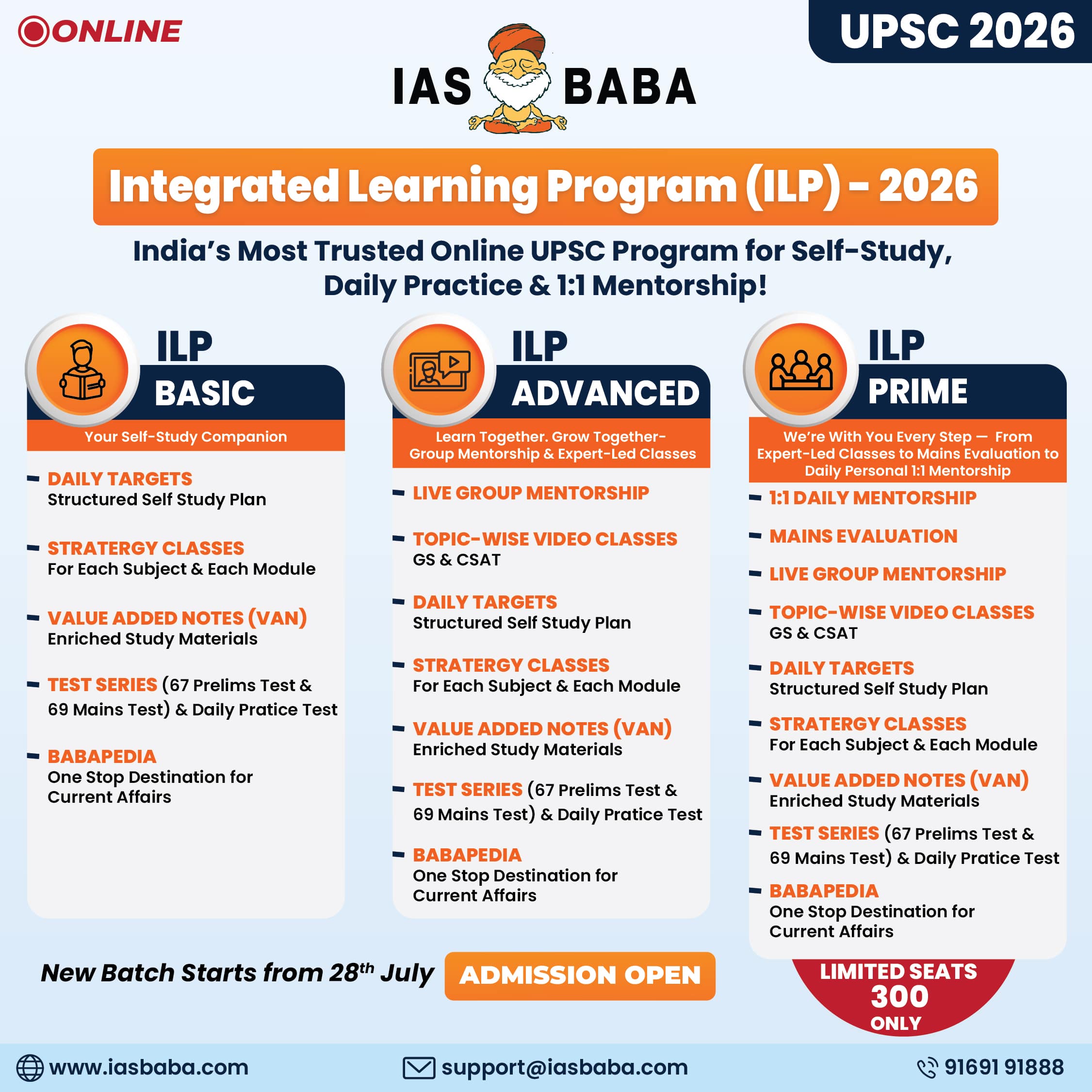The Big Picture- RSTV, UPSC Articles
India – Japan 2+2
Archives
TOPIC: General Studies 2
- India and its neighbours
In News: Ahead of the annual summit meeting between Prime Minister Narendra Modi and Prime Minister Shinzo Abe in December, India and Japan held the first ever ministerial level 2+2 dialogue in New Delhi. This dialogue which involves the Defence and Foreign Ministers on both sides is seen as an endorsement of the special strategic partnership between both the Nations.
- Acknowledging emerging security challenges, the Ministers reiterated their commitment to advancing bilateral security cooperation based on the 2008 Joint Declaration on Security Cooperation and the 2009 Action Plan to advance Security Cooperation.
- Recalling that the two sides had a shared vision of a free, open, inclusive and rules-based Indo-Pacific region in which the principles of sovereignty and territorial integrity are ensured, and all countries enjoy freedom of navigation and overflight, the Ministers emphasized that further strengthening of bilateral cooperation was in mutual interest of both countries and would also help in furthering the cause of the peace, security and prosperity in the Indo-Pacific region.
Bilateral Cooperation – Defence
Since last year India and Japan have initiated bilateral exercises between all three components of their defence forces. There is a need to make continuous efforts for holding the bilateral exercises between the defence forces regularly and further expanding the same. In this regard, the Ministers welcomed the recently conducted second “Dharma Guardian-2019” and the second “SHINYUU Maitri-2019”. The Ministers also concurred to proceed with coordination for the first India-Japan joint fighter aircraft exercise in Japan.
Acquisition and Cross-Servicing Agreement (ACSA): The Ministers expressed their desire for early conclusion of the negotiations and were of the view that the agreement will further contribute to enhancing defence cooperation between the two sides.
Maritime Safety: Acknowledging the importance of ensuring maritime safety in achieving a free, open, inclusive and rules-based Indo-Pacific, the Ministers expressed their intention to further promote cooperation in the field of capacity building in maritime security and Maritime Domain Awareness including through cooperation with other countries.
- Set up of Information Fusion Centre – Indian Ocean Region (IFC-IOR) by India in December 2018.
- Commencement of exchange of information based on the Implementing Arrangement for Deeper Cooperation between the Japan Maritime Self-Defense Force and the Indian Navy signed last year.
Defence equipment and technology: Emphasized the need to further strengthen the defence equipment and technology cooperation and looked forward to productive discussions in the fifth Joint Working Group on Defence Equipment and Technology Cooperation (JWG-DETC). In this context, the Ministers welcomed the progress on cooperative research in the area of Unmanned Ground Vehicle (UGV)/ Robotics.
Defence Education: The Ministers appreciated the existing exchange programs between the defence educational and research institutions of the two countries and expressed their desire to continue and expand the exchange programmes.
Multilateral Cooperation
- Expressed their satisfaction at trilateral cooperation represented by the “MALABAR 2019” held from September-October 2019 off the coast of Japan, mine-counter measures exercise (MINEX) held in Japan in July 2019 and “Cope India 2018” in which Japan participated as an observer in December 2018.
- Welcomed the recent Japan-India-Australia-US Foreign Ministerial consultations in New York in September 2019.
Regional and International Affairs
- They had a frank and fruitful exchange of views on the regional issues of mutual interests particularly on the security situation in the Indo-Pacific.
- Reaffirmed the importance of supporting ASEAN centrality and unity for promoting peace and prosperity of the Indo-Pacific
- Welcomed the adoption of “ASEAN Outlook on the Indo-Pacific (AOIP)” during the 34th ASEAN Summit in Thailand in June 2019.
- Reiterated their support for ASEAN-led frameworks such as the East Asia Summit (EAS), the ASEAN Regional Forum (ARF) and ASEAN Defence Ministers’ Meeting-Plus (ADMM-Plus).
- The Japanese side appreciated India’s announcement of “Indo-Pacific Oceans Initiative” at the recent 14th EAS to create a safe, secure, stable, prosperous and sustainable maritime domain and confirmed their willingness to discuss concrete cooperation based on the Initiative. India and Japan’s initiatives for realizing a free and open Indo-Pacific, including also the recent “Indo-Pacific Oceans Initiative” and AOIP all strive for an Indo-Pacific region that is inclusive and open to all countries in the region. The Indian side welcomed Japan’s “Vientiane Vision 2.0” in November 2019 as an updated initiative for defence cooperation between Japan and ASEAN.
- Reaffirmed the importance of realizing North Korea’s complete, verifiable and irreversible dismantlement of all weapons of mass destruction and ballistic missiles of all ranges in accordance with the relevant United Nations Security Council resolutions (UNSCRs) and expressed their commitment to the full implementation of the relevant UNSCRs.
- Condemned North Korea’s recent launches of ballistic missiles which are clear violation of the relevant UNSCRs. The Ministers strongly urged North Korea to resolve the abductions issue at the earliest date.
- Took note of the negotiations of a Code of Conduct (COC) and urged that it should be effective, substantive, and consistent with international law, including the UNCLOS, ensure freedom of navigation and must not prejudice the rights and interests of the stakeholders using the South China Sea and freedoms of all states under international law.
Connecting the Dots:
- The quadrilateral posturing by India, the US, Japan and Australia in the Indo-Pacific is critical to counter the aggression of China in the region. Comment.














